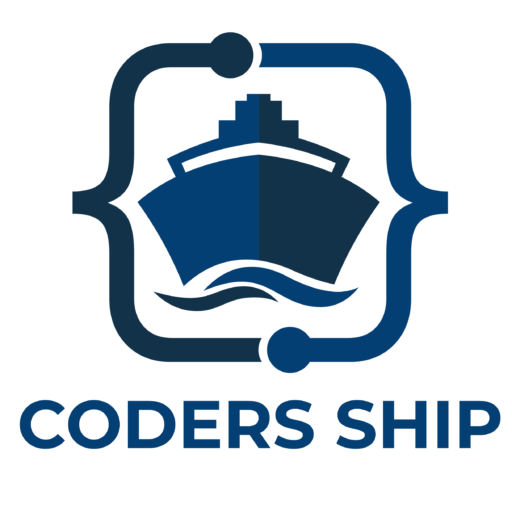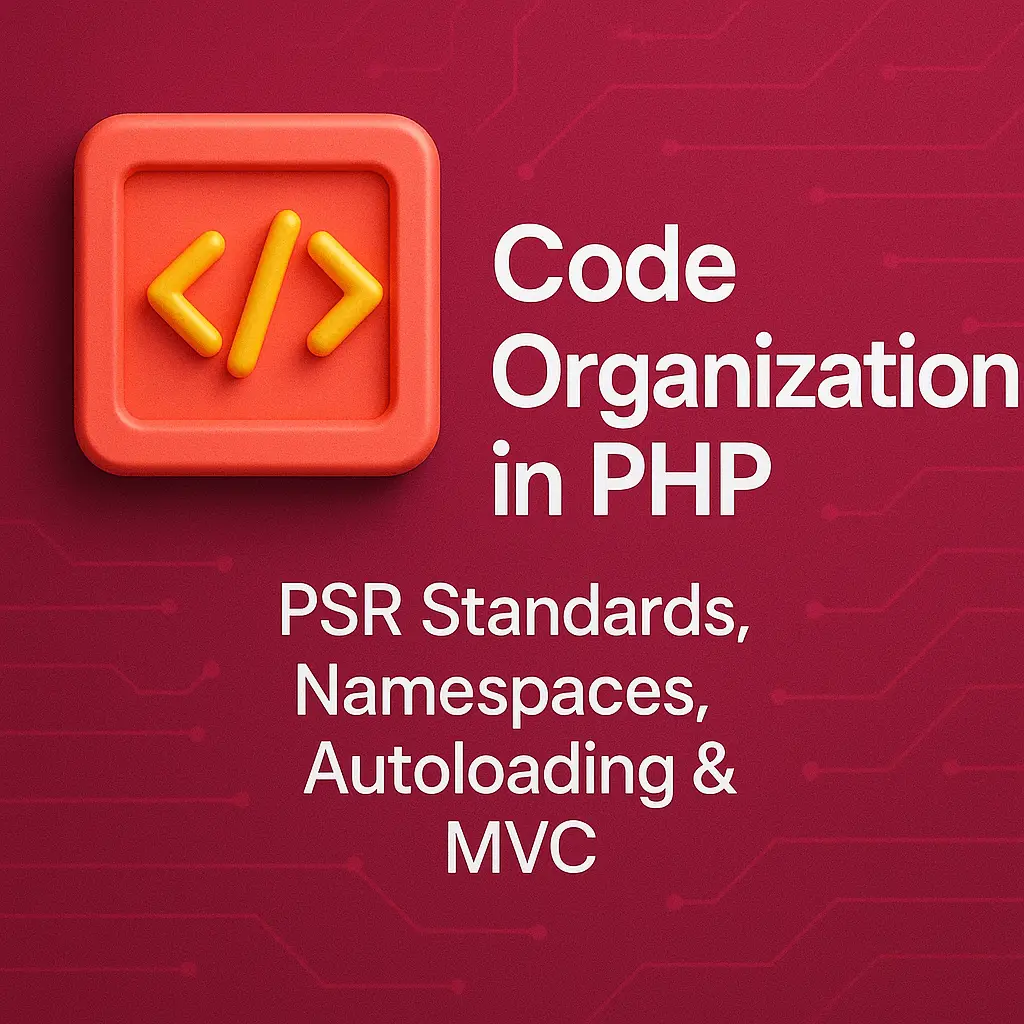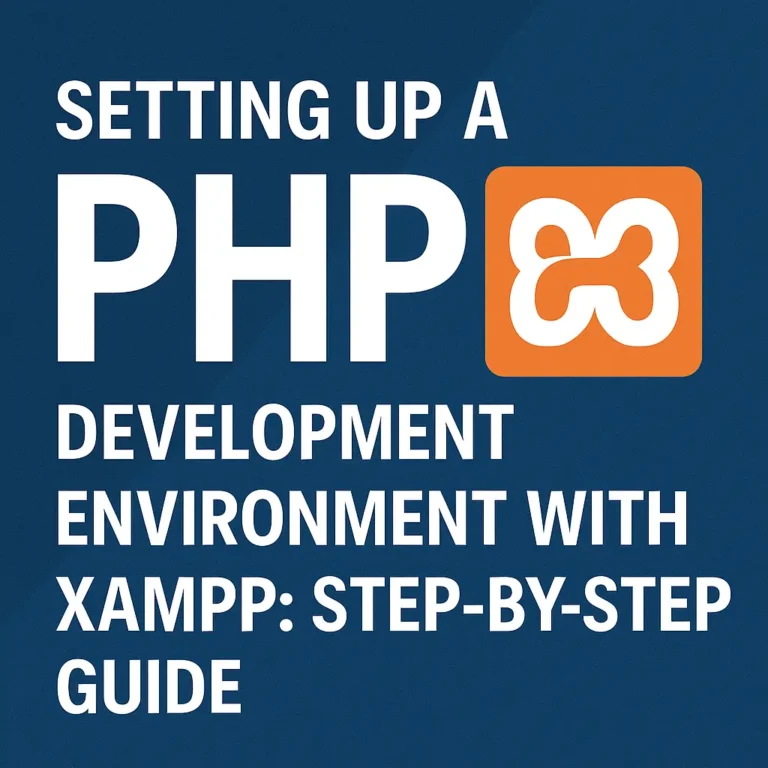Through detailed explanations and practical code examples, you’ll gain insights into organizing your PHP codebase effectively and harnessing the power of modularity to enhance code reusability, maintainability, and collaboration.
Structuring PHP Projects
Importance of Project Structure
A well-defined project structure lays the foundation for a clear and organized codebase, making it easier for developers to navigate, understand, and maintain the code. A structured project layout also facilitates collaboration among team members and ensures consistency across different parts of the application.
Common Project Structures
Basic Structure
A basic PHP project structure typically includes directories for source code, configuration files, assets (such as images and stylesheets), and tests.
project/
│
├── config/
│ └── database.php
├── public/
│ ├── index.php
│ └── assets/
├── src/
│ ├── Controllers/
│ ├── Models/
│ └── Views/
└── tests/
MVC Structure
In a Model-View-Controller (MVC) architecture, the project is organized into separate directories for models, views, and controllers, promoting separation of concerns and maintainability.
project/
│
├── app/
│ ├── Controllers/
│ ├── Models/
│ └── Views/
├── config/
│ └── database.php
└── public/
└── index.php
Modular Programming in PHP
What is Modular Programming?
Modular programming is a software design approach that emphasizes breaking down a large system into smaller, self-contained modules, each responsible for a specific functionality or feature. Modular code is easier to develop, test, debug, and maintain, as it promotes code reuse, separation of concerns, and encapsulation.
Benefits of Modular Programming
Code Reusability
Modular code allows developers to reuse components across different parts of the application, reducing redundancy and promoting consistency.
Maintainability
By breaking down the codebase into smaller modules, developers can easily locate, understand, and modify specific functionalities without affecting other parts of the system.
Scalability
Modular code facilitates incremental development and scalability, as new features or enhancements can be implemented as independent modules and seamlessly integrated into the existing system.
Strategies for Modular Programming in PHP
Namespacing
PHP namespaces provide a mechanism for organizing code into logical groups, preventing naming conflicts, and improving code readability.
<?php
namespace MyApp\Models;
class User {
// User class implementation
}
?>
Autoloading
PHP autoloading enables automatic loading of classes and functions as they are needed, simplifying dependency management and reducing boilerplate code.
<?php
spl_autoload_register(function($class) {
include 'src/' . str_replace('\\', '/', $class) . '.php';
});
?>
Dependency Injection
Dependency injection is a design pattern that promotes loose coupling and dependency inversion by passing dependencies to a class from outside rather than creating them internally.
<?php
class UserController {
protected $userService;
public function __construct(UserService $userService) {
$this->userService = $userService;
}
// Controller methods
}
?>
Best Practices
Follow Conventions: Adopt consistent naming conventions and project structures to facilitate collaboration and maintainability.
Encapsulate Logic: Encapsulate related functionality into modular components with clear interfaces and responsibilities.
Promote Reusability: Design modules to be reusable across different parts of the application, reducing duplication and promoting consistency.
Test Independently: Write unit tests for individual modules to ensure they function correctly in isolation and adhere to specifications.
Conclusion
Efficient code organization and modular programming are essential practices for building scalable, maintainable, and well-structured PHP projects. In this guide, we explored the principles of PHP code organization, discussed effective strategies for structuring PHP projects, and examined the benefits of modular programming. By following best practices and leveraging modular programming techniques such as namespacing, autoloading, and dependency injection, you can create robust and flexible PHP applications that are easy to develop, test, and maintain. Incorporate these principles into your PHP projects to streamline development, enhance collaboration, and ensure the long-term success of your applications.






